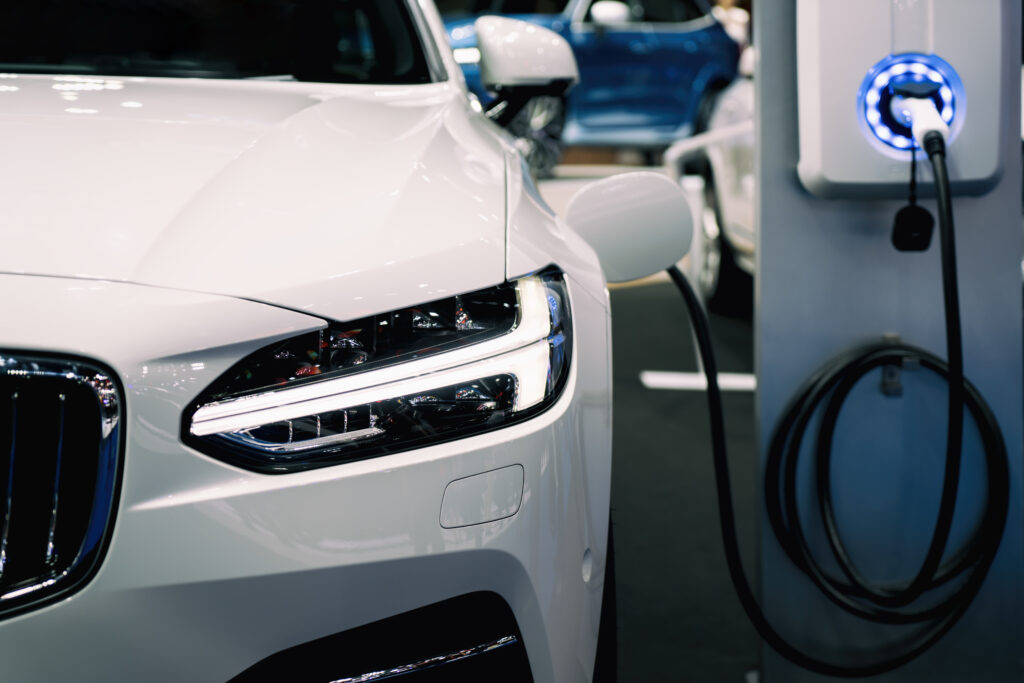
CEO, Tennessee Electric Cooperative Association
A friend and co-worker of mine has an interesting theory about coming of age. He says that the closer we are at age 40 to the person we were at age 14, the happier and more fulfilled we will be. And since we live in the musician-rich city of Nashville, my friend uses the example of asking a professional performer, “What were you doing at age 14?” The answer is usually something along the lines of taking piano lessons or practicing with the church choir.
For me, the answer is cars and politics. At 14, I subscribed to Car and Driver and National Review for the first time. Car and Driver made a lot of sense for a teenage boy as I already had my heart set on buying my sister’s 1965 Ford Mustang. Not to mention I had the peculiar skill of being able to name the make and model of practically any car I saw on the road. But National Review was a bit harder to explain.
My family often talked about current events at the dinner table, and I was interested in the conversations. It always seemed to me that their discussions were about making the world a better place. So perhaps the politicians I saw on television inspired me to want to do just that — enough so that when I was still a child, my grandmother once declared that I would become either a preacher or a politician. Forty years later, I’m still trying to decide if that was a compliment or an insult, but she wasn’t far off.
So following my friend’s logic, I’m not too far away from where I was at 14. The world finds itself at the beginning of a massive change that has to do with cars and the potential to make the world a better place: the shift to electric vehicles. Car manufacturers are rolling out new vehicles that run only on electric energy supplied by batteries, and they are moving their engineering and development away from gasoline-powered cars and light trucks. As a car enthusiast who works in the electric utility industry, I find myself fascinated that my lifelong love for cars is becoming a part of my professional career.
Unfortunately, like so many things in modern society, this change has become politicized. And the arguments that are sometimes made don’t always line up with the truth. For instance, many people argue that politicians are trying to ban the sale of gas cars. With the exception of one ill-conceived California law that will simply drive sales across the border to its neighboring states, there are no mandates that will force you to buy an electric car.
Others insinuate that the sale of gasoline will soon dry up because all cars will suddenly become electric. But think about this: The average lifespan of a car in the U.S. is currently 12 years. And in 2022, approximately 6% of cars sold in the U.S. were all-electric. That means 94% of new cars had gas or diesel engines, and those vehicles will be on the road for decades to come.
Despite the vocal opposition of some and the loud proselytizing of others, I believe we will see more and more electric vehicles on the road in the years to come. The shift isn’t coming about because of politics, though. It is happening because of technical innovation, economics and a fun, new user experience.
And as someone whose heart has trembled at the sound of a V8 ever since 14 years of age, I couldn’t be more excited. I know that old and new can and will coexist. I believe that car enthusiasts can love the classics, enjoy today’s renaissance of affordable, manual-shift gas-powered sports cars and appreciate the many, many benefits of EVs. They aren’t mutually exclusive. There is enough fun to go around!



